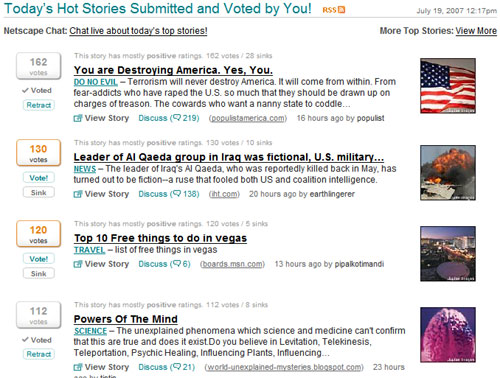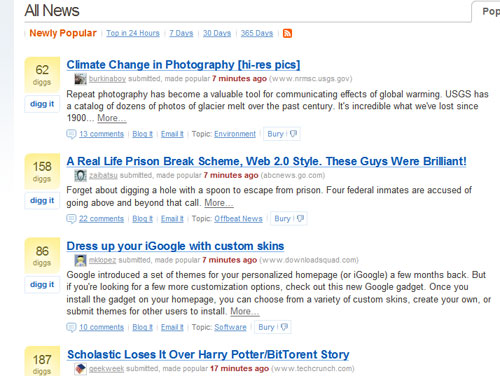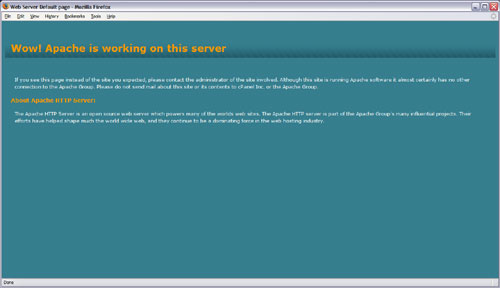
(Source: Wikipedia)
Remember playing Monopoly – the capitalistic real estate game continuously popular for over three generations around the world? Who was the designated banker when you played? Who hid a stash of money under the board for the big reveal when bankruptcy loomed? Did house rules allow inside trading? Every deal was a cash deal, sealed with a handshake. Nina Smith of blogher (the community for women who blog) says: …the good ‘ole fashioned board games (think Monopoly) that taught us as a kids that cash is king. How’s that for personification?
A great article from Chaya Brian Carvalho earlier this year featured her company bcwebwise and enumerated the strategyto give the internet the power of the human touch – and from the looks of it, it is turning into more than just Monopoly money for her and her team. Here’s more from the article but you will want to read the whole piece yourself:
Community building generates more interest than just normal promotional campaigns. A community appeals to users and, hence, makes sense to marketers for two main reasons:
1. It entertains and emotes. When done properly, the space is an interesting experience for the user and generates some kind of reaction.
2. It allows users some level of control. Community allows users to control the experience. They can view only what they want and also get to know more about the product in an unobtrusive manner, in fact they are there out of their own choice.
Community networks will be measured by the pass-along rate or “ripples”. Impressions versus ripples? The choice for the savvy and ROI-focused brand manager will be easy. It’s not about how many rocks you throw in the pond, but how many ripples you create, how many people you involve, how much of human interaction there is.
 Carvalho calls the Internet high-speed access to another soul. In my previous post, I compared two very popular communities – Netscape and Digg. Social Media is changing the way we look at things.
Carvalho calls the Internet high-speed access to another soul. In my previous post, I compared two very popular communities – Netscape and Digg. Social Media is changing the way we look at things.
Simplicity. Social Media and Web 2.0 have a common thread to revolutionize the internet beyond technology. Certainly they look to simplify through the use of more intuitive, clean technology, and minimalist design. Together they change customer service as well- for the customer and for the provider. Web2.0 is all about simplicity. Flattening layers within these companies show the world that very popular sites can be run by a handful of people. Next we see a new social customer service climate. You can think of your customer service as a chat session with the owner of the company or the manufacturer of your purchase.
![]() NowSourcing is one such company. The original concept of NowSourcing was to outsource IT deliverables with efficiency, simplicity – without borders and crossing time zones as needed. The emphasis is on loyalty – not brand loyalty when we recommend a suite of services to a client. The concept has been branded NowSourcing. We now see that this new form of social media includes community involvement – the human touch. The work we do is what the client would do for herself if she could. With our help, she can.
NowSourcing is one such company. The original concept of NowSourcing was to outsource IT deliverables with efficiency, simplicity – without borders and crossing time zones as needed. The emphasis is on loyalty – not brand loyalty when we recommend a suite of services to a client. The concept has been branded NowSourcing. We now see that this new form of social media includes community involvement – the human touch. The work we do is what the client would do for herself if she could. With our help, she can.



















